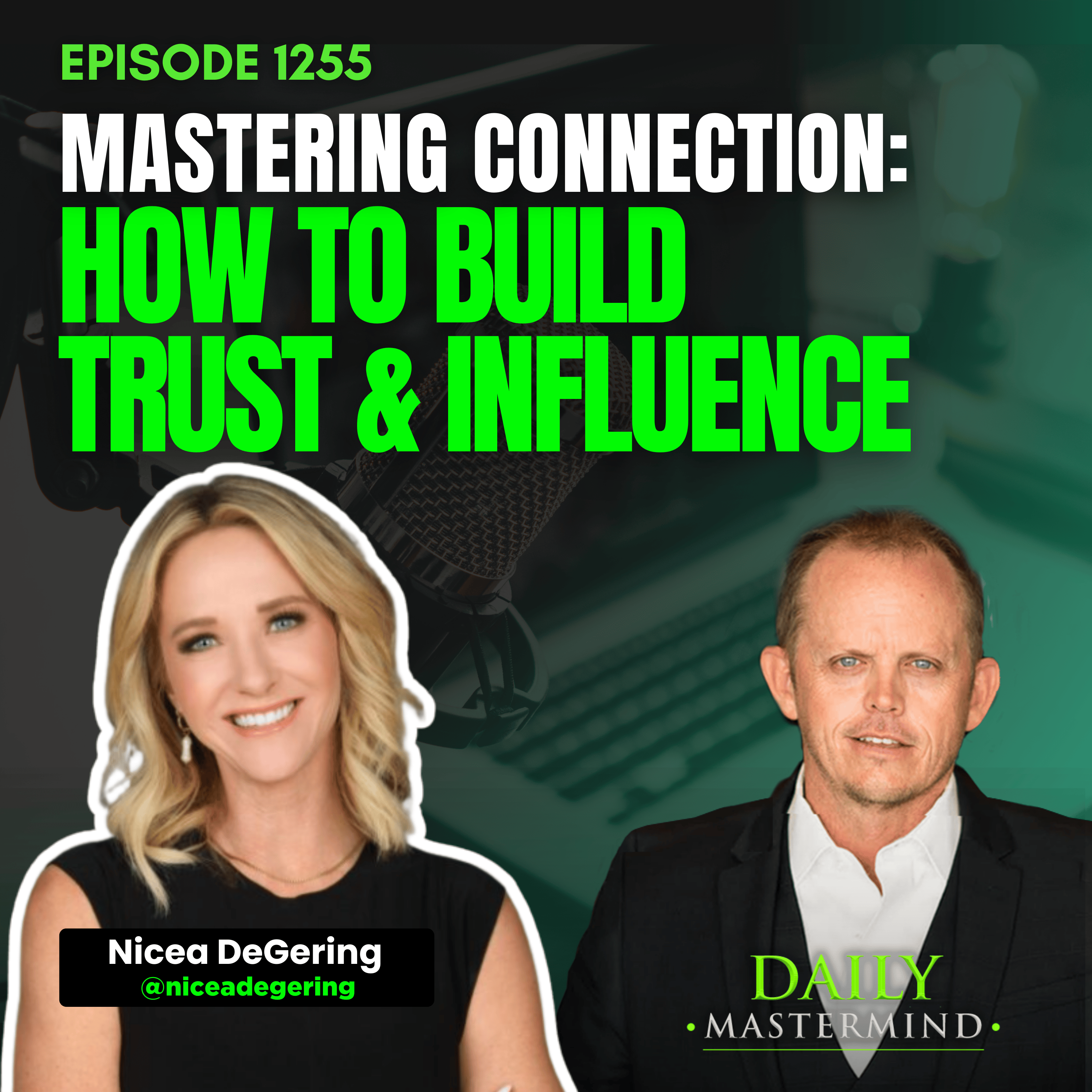A Key to Success is Recovery

A Key to Success is Recovery
Recovery truly is the secret to high performance. But why do we constantly expect high performance despite increased pressure and rapid changes in our lives? Much like how people chase the mythological fountain of youth, we often seek high performance without understanding the essential components behind it
A Key to Success is Recovery
Recovery truly is the secret to high performance. But why do we constantly expect high performance despite increased pressure and rapid changes in our lives? Much like how people chase the mythological fountain of youth, we often seek high performance without understanding the essential components behind it.
To achieve sustained high performance, it's crucial to understand several factors. Why are some people good under pressure? We might think it's because they are better equipped or have a stronger mindset, but in reality, it's a combination of managing the mind, body, spirit, and emotions effectively.
Corporate Athletes: Lessons from the Harvard Business Review
Years ago, I read an article in the Harvard Business Review titled “Corporate Athletes,” which presented an intriguing parallel between corporate executives and professional athletes. The article emphasized that, similar to athletes, business leaders strive to operate within an ideal performance state.
Athletes don’t just focus on primary skills like their swing or shooting. They work on endurance, strength, flexibility, and control. The same applies to entrepreneurs and business leaders—focusing only on public speaking, negotiating, or sales skills isn’t enough. We need to concentrate on our physical, mental, emotional, and spiritual states to truly excel.
The Dual Imperatives: Stress and Recovery
Energy, growth, and success hinge on two key factors: stress and recovery. Many people assume that stress and hard work alone lead to growth, but the truth is, recovery is what facilitates actual enhancement. The rhythmic cycle of stress followed by recovery is what allows us to propel to the next level.
Athletes understand this, which is why their routines include games, off-seasons, and structured recovery periods. However, entrepreneurs and high performers often ignore this principle, glorifying the relentless grind of 12, 14, or even 21-hour workdays. While hard work is necessary, over the long term, this approach proves ineffective without recovery.
The Four Components of Recovery
To achieve sustainable success, recovery must be intentional and structured. It isn't just about taking breaks—it involves four key areas of recovery that every high performer must master.
1. Physical Recovery
Physical recovery includes:
It’s essential to listen to your body—not everyone thrives on the same schedule or diet. Understanding your own physical limits and needs is key to high performance.
2. Emotional Recovery
Emotional recovery is about aligning yourself with a sense of purpose, passion, challenge, and competition.
By managing your emotions effectively, you create a balanced internal state that prevents burnout. Emotional recovery is about cultivating relationships, purpose, and resilience.
3. Mental Recovery
Your mindset is crucial for success, but mental fatigue can sabotage even the most driven individuals.
Mental recovery includes:
Many high achievers fall into the trap of constant mental strain, but true innovation and clarity come from moments of stillness and recovery.
4. Spiritual Recovery
Regardless of personal beliefs, dedicating time to spiritual recovery can provide a deep sense of balance and clarity.
Spiritual recovery may include:
This aspect of recovery allows you to reconnect with your values, purpose, and inner peace. High performers who embrace spiritual recovery often experience greater resilience, focus, and fulfillment.
Practical Solutions for Effective Recovery
Recovery doesn’t happen by accident—it requires intentional daily practices. Here are two proven techniques that can help integrate recovery into your routine.
1. Meditation
Meditation is one of the most powerful tools for quieting the mind, relaxing the body, and regulating emotions.
By incorporating meditation, you train your mind to handle stress better and recover faster from mental fatigue.
2. Visualization
Earl Woods taught Tiger Woods the power of visualization—mentally seeing the desired outcome before taking action.
This technique is widely used by elite athletes, entrepreneurs, and top performers across all industries.
Embrace Recovery to Achieve Long-Term Success
For a truly balanced and high-performing life, integrating physical, emotional, mental, and spiritual recovery into your routine is essential.
High performance isn’t just about reading success books, working long hours, or mastering new skills—it’s about developing all aspects of your well-being.
When you prioritize recovery, you will:
By focusing on recovery, you can transform your life. Whether through meditation, visualization, or structured rest, intentional recovery will help you feel balanced, centered, and ready to achieve more than ever before.
My goal with The Daily Mastermind is to help you unleash your full potential and start living the life you were meant to live. It’s never too late to begin.
Thank you for joining me today. I look forward to speaking with you tomorrow. Have a phenomenal day!

.png)

.png)
